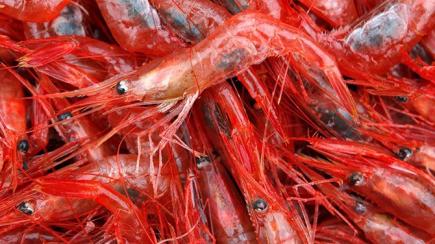New eco-friendly coating for boats based on shellfish waste

(16-06-2017)
Researchers from SynBioC have developed a new coating for boats based on the recycled waste from shellfish. The eco-friendly coating will be immediately put to the test during a sailing trip around the world.
The classic anti-fouling coatings battle the growth of mussels, sea cubes, algae and other sea creatures with toxic substances like heavy metals. However, this new coating is environmentally friendly. The protecting layer mainly consist of chitosan, a biological component made from the waste of shellfish, animals like lobsters, crabs, scampi’s and shrimp. That substance naturally works as a protection from moulds and bacteria. It is now already used in agriculture, water purification, the food industry and cosmetic industry to suppress body odor and for medical applications. Professor Chris Stevens from the faculty of Bio-science engineering and his team have modified the material in a way it got an extra protective function. It should now be able to keep mussels, sea cubes, algae and other sea creatures from growing on the hull of the sailing boat. “To stop that kind of fouling, toxic substances are generally used. We accepted the challenge to do this in a more biological way without risk for the environment”, explains professor Stevens. “Besides, we have managed to convert food waste in to something useful, causing a very low ecological footprint of the product.”
Sailing trip around the world
The special coating can soon be tested in the water. It has been applied on the hull of the sailing boat of sailor Erik Kiekens, who departed this July for a sailing trip around the world under the name ‘Sailing Le Grand Bleu’. During that trip, the chitosan-derivate will have to prove it is protective enough against the growth of mussels, sea cubes, moulds and bacteria. Kiekens is an old-chemist himself and has been doing research on anti-fouling paints for many years. However, until now those contained toxic substances. And that is one of the reasons he is going to test the product from Ghent University, next to his own product, solely based on natural ingredients. Also with Hasselt University and the University of Leuven he has started a cooperation to use nanotechnology in this application.
Info
Prof. Chris Stevens
Vakgroep Duurzame Organische Chemie en Technologie
T 09 264 59 57 - M 0497 29 26 72
chris.stevens@ugent.be
Erik Kiekens
Sailing Le Grand Bleu
+32 476 93 61 47
www.sailinglegrandbleu.com